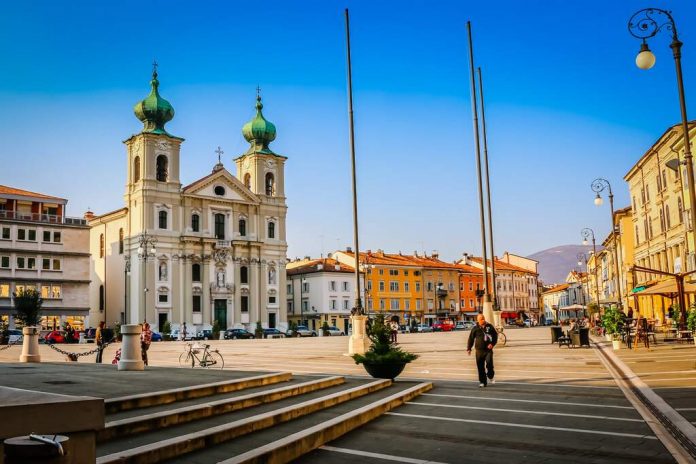by InTrieste
From May 18 to 21, 2025, the twin cities of Nova Gorica, Slovenia, and Gorizia, Italy, will host Borderless Museums: Redefining Museum Narratives and Inclusivity, an international conference organized as part of GO! 2025, the European Capital of Culture program. The event is promoted by the European Grouping for Territorial Cooperation (GECT GO) and Zavod GO! 2025 and aims to examine the evolving role of museums in a world marked by social, cultural, and geopolitical shifts.
Timed to coincide with International Museum Day on May 18—a global initiative established by the International Council of Museums (ICOM) in 1977—the conference seeks to highlight museums as spaces of cultural exchange and mutual understanding, emphasizing their potential to foster inclusion, dialogue, and peace.
The gathering brings together major institutional partners including ICOM Italy, ICOM Slovenia, ICOM Europe, and ICOM South East Europe, in collaboration with the Walk of Peace foundation and the Goriški muzej. The program features a series of panels and keynote talks designed to spark dialogue among museum professionals, cultural workers, and scholars.
Speakers include leading figures from the international museum landscape: Emma Nardi, President of ICOM; Sharon Macdonald, Director of the Centre for Anthropological Research on Museums and Heritage (CARMAH) in Berlin; Charles Esche, Professor of Contemporary Art at the University of the Arts London; Tamara Nikolić Đerić, an independent curator; Steph Scholten, Director of The Hunterian at the University of Glasgow; and Roberto Balzani, Professor of Contemporary History at the University of Bologna.
Topics to be addressed range from decolonization and museum ethics to community engagement, cross-border cooperation, and the dismantling of physical, cultural, and symbolic barriers.
Contributors from across Europe and Egypt were selected through an open call for abstracts reviewed by a transnational scientific committee, reflecting the conference’s broad geographic and thematic scope.
Set in a region shaped by a complex and layered history, the event aims to offer a timely platform for rethinking the role of museums as active participants in building more open and inclusive societies





























